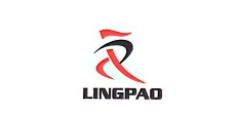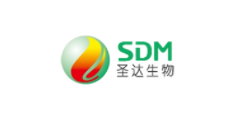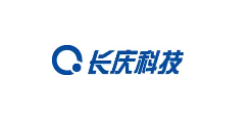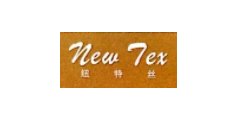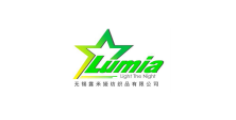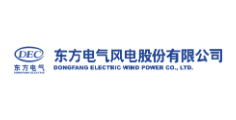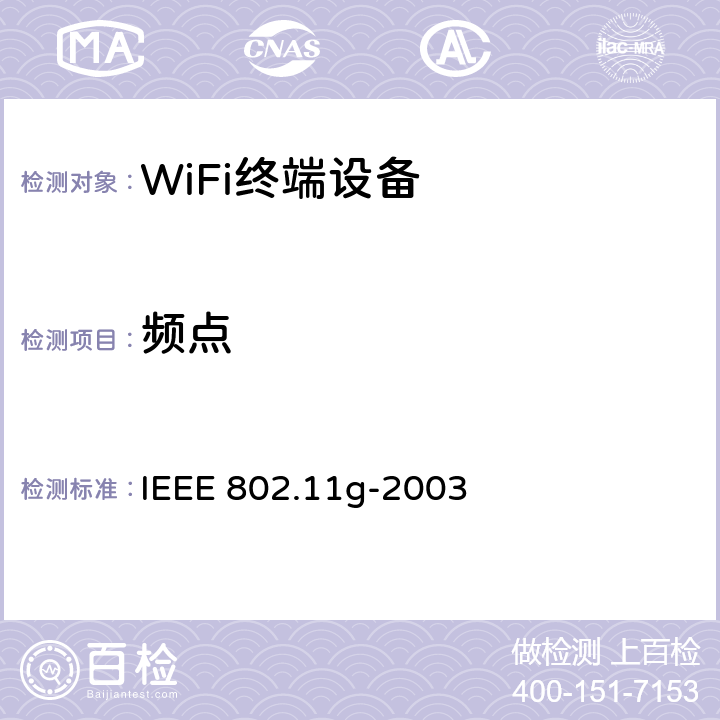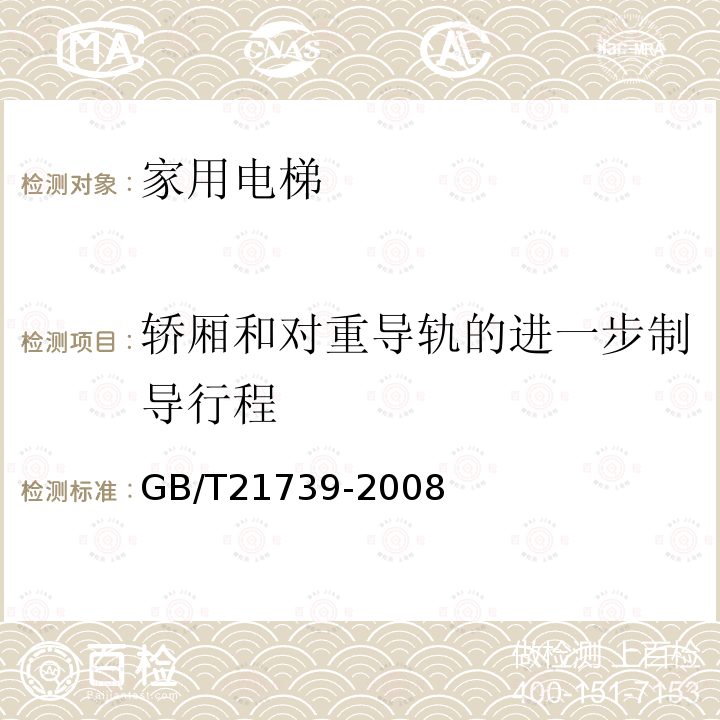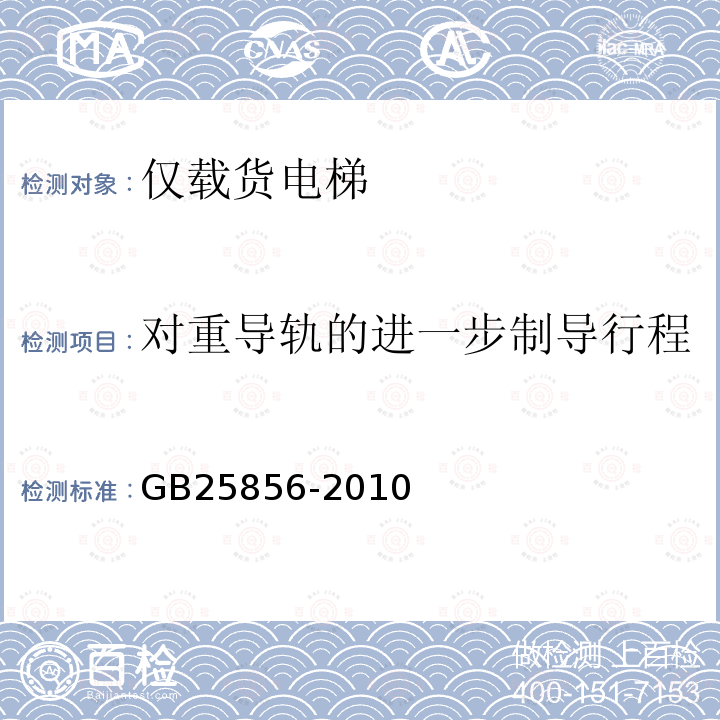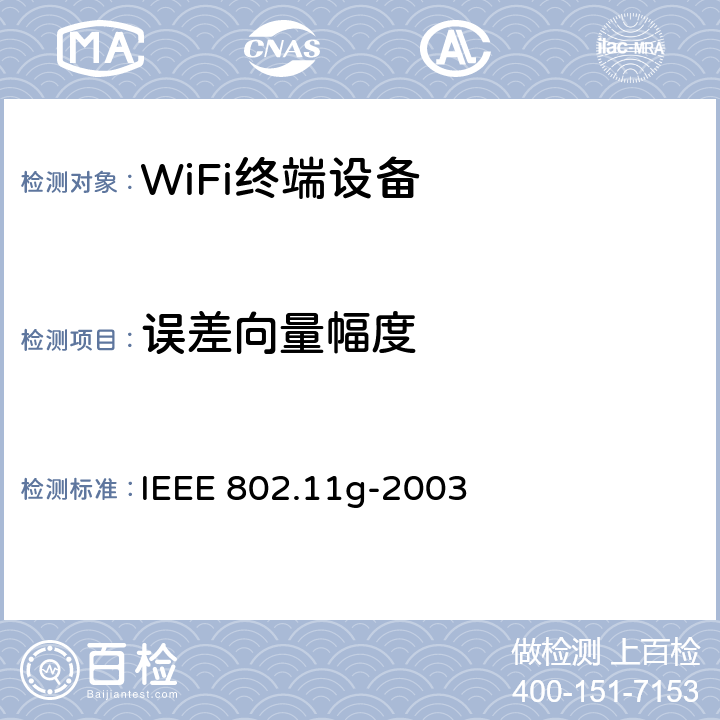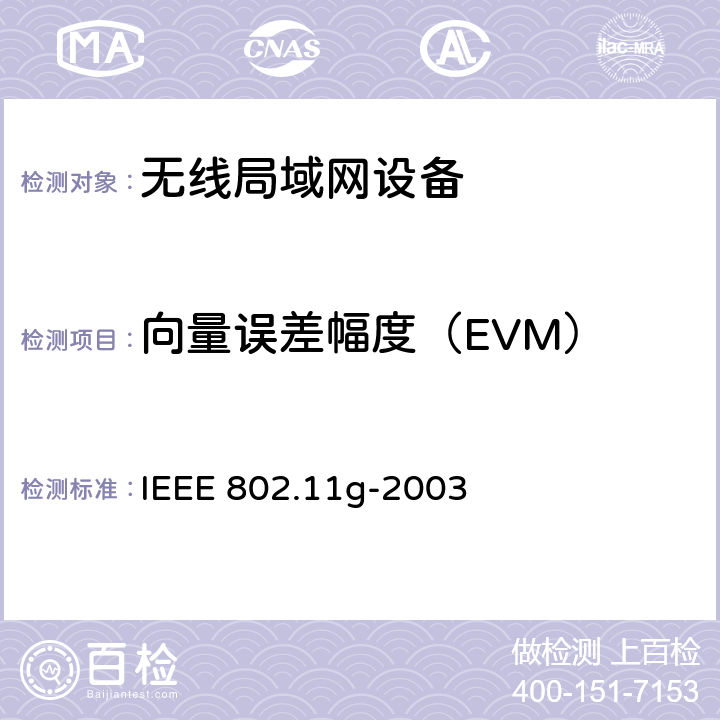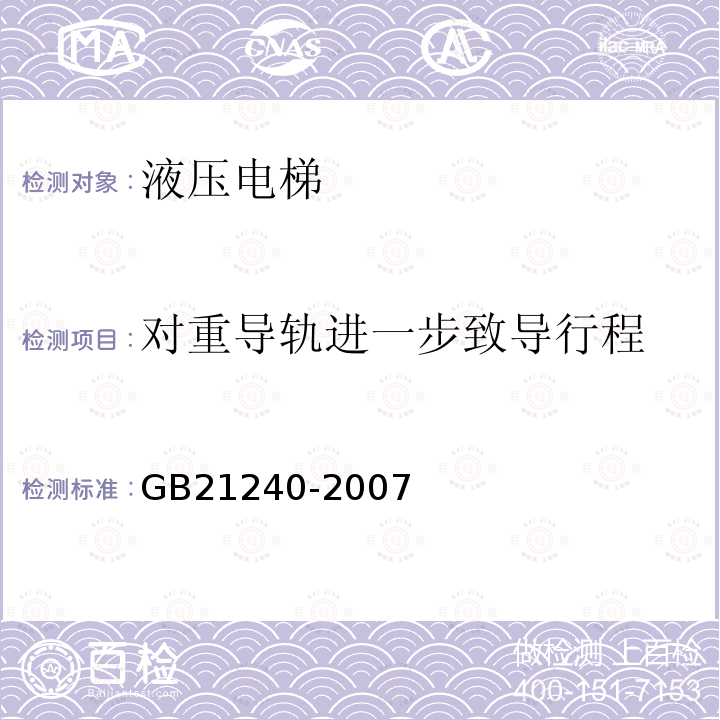小农棉农在撒哈拉以南非洲地区,甚至更多的国家与非洲(CMIA)主动提出的
Currently, about 435,000 smallholder farmers and their family members included more than 3.2 Mil.目前,大约有435,000小农及其家庭成员包括超过3.2百万。 people in Zambia, Zimbabwe, Malawi, Mozambique, Ivory Coast und Ghana are part of the initiative.人在赞比亚,津巴布韦,马拉维,莫桑比克,象牙海岸UND加纳是计划的一部分。 Thus, Cotton made in Africa significantly contributes to improving the living conditions of smallholder farmers in Sub Saharan Africa by means of aid by trade.因此,棉花在非洲取得显著有助于通过援助以贸易方式提高小农户的生活条件在撒哈拉以南非洲地区。 Independant 3rd party organisations verify that the CmiA-cotton is grown and processed according to the sustainability criteria of the CmiA standard.独立的第三方机构验证CMIA棉是根据CMIA标准的可持续性标准种植和加工。 That means that CmiA verified cotton is grown by smallholder farmers.这意味着,CMIA核实棉是由小农户种植。 In addition, participation in the program forbids slavery, human trafficking, child labor according to ILO conventions, deforestation of primary forests, or the use of genetically modified cotton.此外,参与该计划根据国际劳工组织公约,森林砍伐原始森林,或使用转基因棉花禁止奴役,贩卖人口,使用童工。
On average, a CmiA farmer owns a 1.33-acre field for growing cotton.平均而言,一个CMIA农民拥有种植棉花1.33英亩的领域。 With his income he has to take care of his whole family of up to seven family members.与他的收入,他已经把他的整个的多达七个家庭成员的家庭。 International textile companies like PUMA, C&A, the Otto Group or Rewe are partnering with the initiative.国际纺织公司,如PUMA,C&A,奥托集团或雷韦正在与合作的倡议。 They are specifically interested in purchasing sustainably produced CmiA-cotton, process the cotton into textiles and pay a licensing fee to the foundation.他们是在购买可持续生产CMIA棉,工艺棉花到纺织及支付许可费的基础特别感兴趣。 In 2007 Cotton made in Africa was introduced to the German market with 400,000 units, which grew to around 35 million textiles by 2013. 2007年棉花在非洲取得被引入到德国市场40万台,其中2013年增长到约3500万纺织品。 For 2014 the initiative projects sales of around 45 million units.对于2014年倡议项目的销售额约为4500万台。
The smallholder cotton farmers and their families directly profit from this positive development as the AbTF reinvests the licence income in the cotton growing regions, eg for agricultural trainings or community projects promoting the expansion of school infrastructures in rural areas.小农棉农和他们的家庭从这一积*的发展直接利润为ABTF再投资在棉花种植区的特许权收入,例如用于农业培训或社区项目促进学校基础设施在农村地区的扩张。

